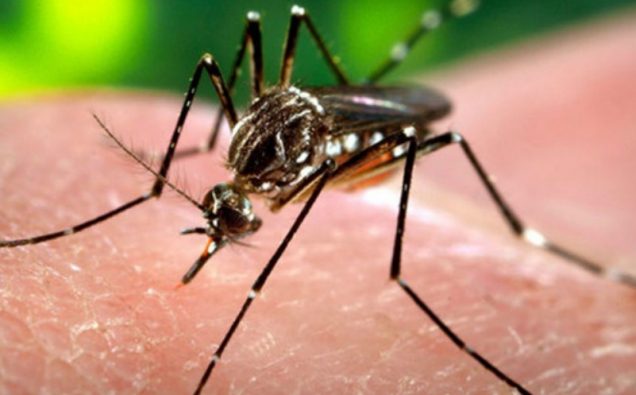
A new study has revealed that Zika virus, until recently considered a threat to developing babies, could also damage adult brains.
Hongda Li of the Howard Hughes Medical Institute and The Rockefeller University in New York and colleagues conducted the tests on mice to see the Zika infection effects on adult brains.
Their research indicates that the virus can damage immature brain cells in adults.
In a report published in the journal Cell Stem Cell, researchers say “two areas in the adult mouse brain contain neural stem cells: the subventricular zone of the anterior forebrain and the subgranular zone of the hippocampus.”
“Our data therefore suggest that adult as well as fetal neural stem cells are vulnerable to Zika virus neuropathology,” they wrote. “Thus, although Zika virus is considered a transient infection in adult humans without marked long-term effects, there may in fact be consequences of exposure in the adult brain.”
What is known so far is that adult brains are less susceptible to damage than those of developing babies.
However, the damage can result in conditions including epilepsy, personality changes, depression and dementia.
Around 75 to 80 percent of those infected never know it, as they suffer mild symptoms while the worst affected usually have had muscle aches, headaches, a rash and red eyes.














